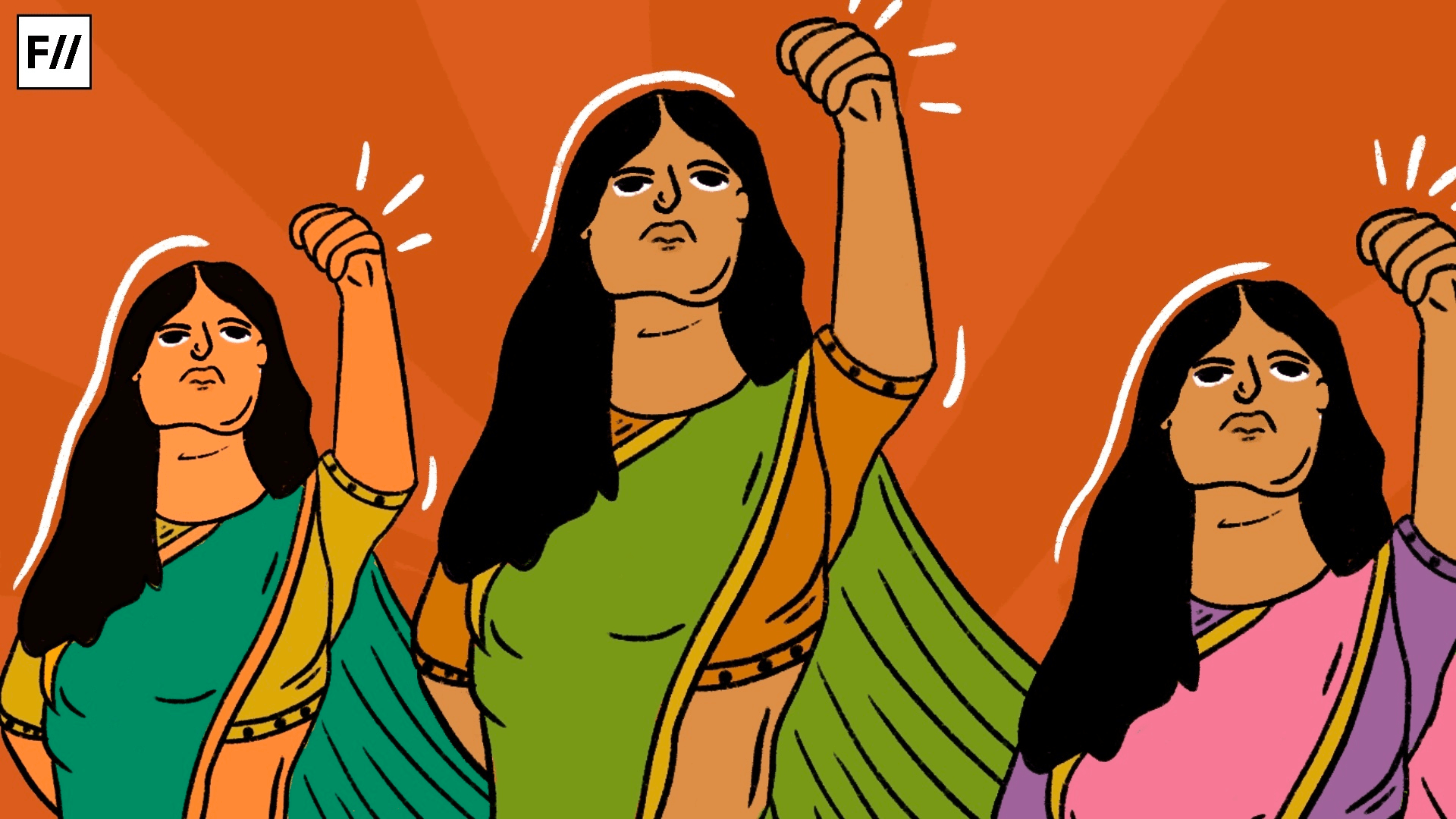The Supreme Court of India recently gave its ruling in Bilkis Yakub Rasul v. Union of India. This article analyses the Bilkis Bano judgment and focusses on grant of remission (reduction) of sentence to those convicted of committing heinous crimes against women.
Brief background of the Bilkis Bano case
Bilkis Bano was brutally gang-raped, and her family members were murdered during the communal violence which broke out in Gujarat in 2002. To ensure a fair trial, on Bilkis Bano’s plea, the case was transferred from Gujarat to a competent Court in Mumbai and the Central Bureau of Investigation (CBI) was made the investigating agency. 11 of those accused of the crime were eventually convicted and sentenced to life imprisonment for gang-rape and murder, by the Special Judge – Greater Mumbai in 2004. The convictions were also upheld by the Bombay High Court and the Supreme Court. The SC also awarded monetary compensation of Rupees fifty lakhs to Bilkis Bano for her ordeals.
After completing almost 14 years in the Godhra sub-jail, one of the convicts filed an application to the Gujarat government for premature release under the remission provisions of the Code of Criminal Procedure, 1973 (CrPC).
After completing almost 14 years in the Godhra sub-jail, one of the convicts filed an application to the Gujarat government for premature release under the remission provisions of the Code of Criminal Procedure, 1973 (CrPC). While the convict’s application was being reviewed by the Jail Advisory Committee, the CBI as well as the Special CBI Court, Mumbai submitted opinions against the premature release of the convict, given the seriousness of the crime. When the convict’s application was rejected, he approached the Gujarat High Court which dismissed his application on the ground that the appropriate government for considering the remission application was the Maharashtra government (i.e. the government of the state where he had been convicted).
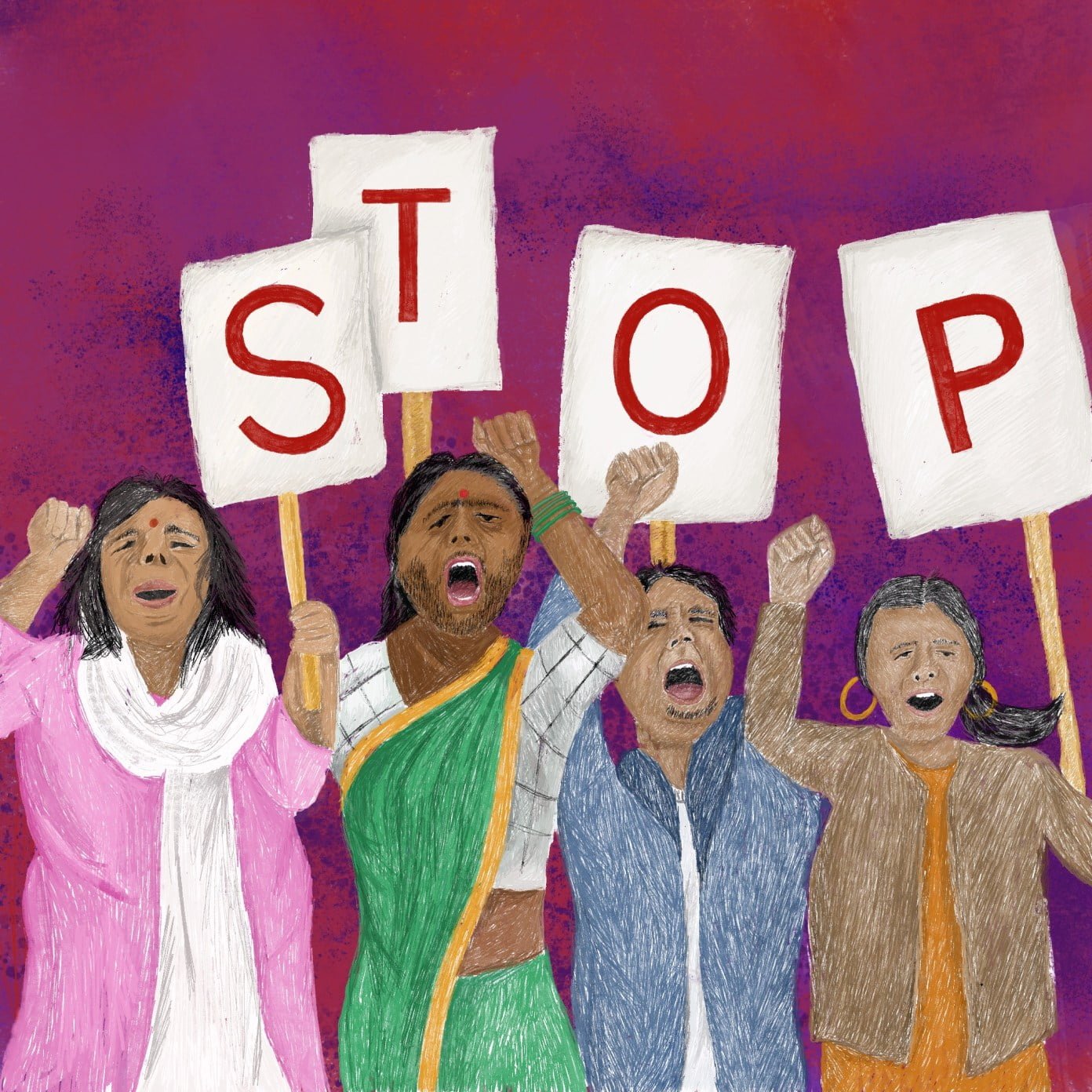
Subsequently in 2022, the convict moved a writ petition in the Supreme Court, seeking a direction from the SC that the Gujarat government reconsider his remission application. The SC ruled in favour of the convict, and directed the Gujarat government to reconsider the remission application. Accordingly, in August 2022, the Gujarat government passed orders granting remission (reduction) of life imprisonment sentences granted to all the convicts in the Bilkis Bano case, thereby prematurely releasing the convicts from jail in 2022.
Subsequently, Bilkis Bano filed a writ petition before the Supreme Court challenging the remission orders granted by the Gujarat government to her rapists. While writ petitions against the remission orders were also filed by others (including academics and social activists), the SC in this case ruled on the main petition filed by Bilkis Bano.
Law on remission of sentences in India
Sections 432, 433 and 433A of the CrPC deal with remission of sentences. Section 432 empowers the ‘appropriate Government’ (the state government or the central government depending on the case) to suspend or remit (wholly or partially) the punishment of any person who has been convicted of an offence. Section 433A provides that in case of an offence which is punishable by death, if a person convicted of that offence has been sentenced to life imprisonment, ‘such a person shall not be released from prison unless he had served atleast fourteen years of imprisonment’.
A common misconception about life imprisonment is that the term ‘imprisonment for life’ refers to imprisonment for 14 years. However, the SC has clarified in earlier judgments and in Bilkis Bano’s case that imprisonment for life means imprisonment until the death of the convict unless the sentence is commuted or remitted. Therefore, there is no automatic right to remission of a sentence of life imprisonment after serving a minimum of 14 years in prison.
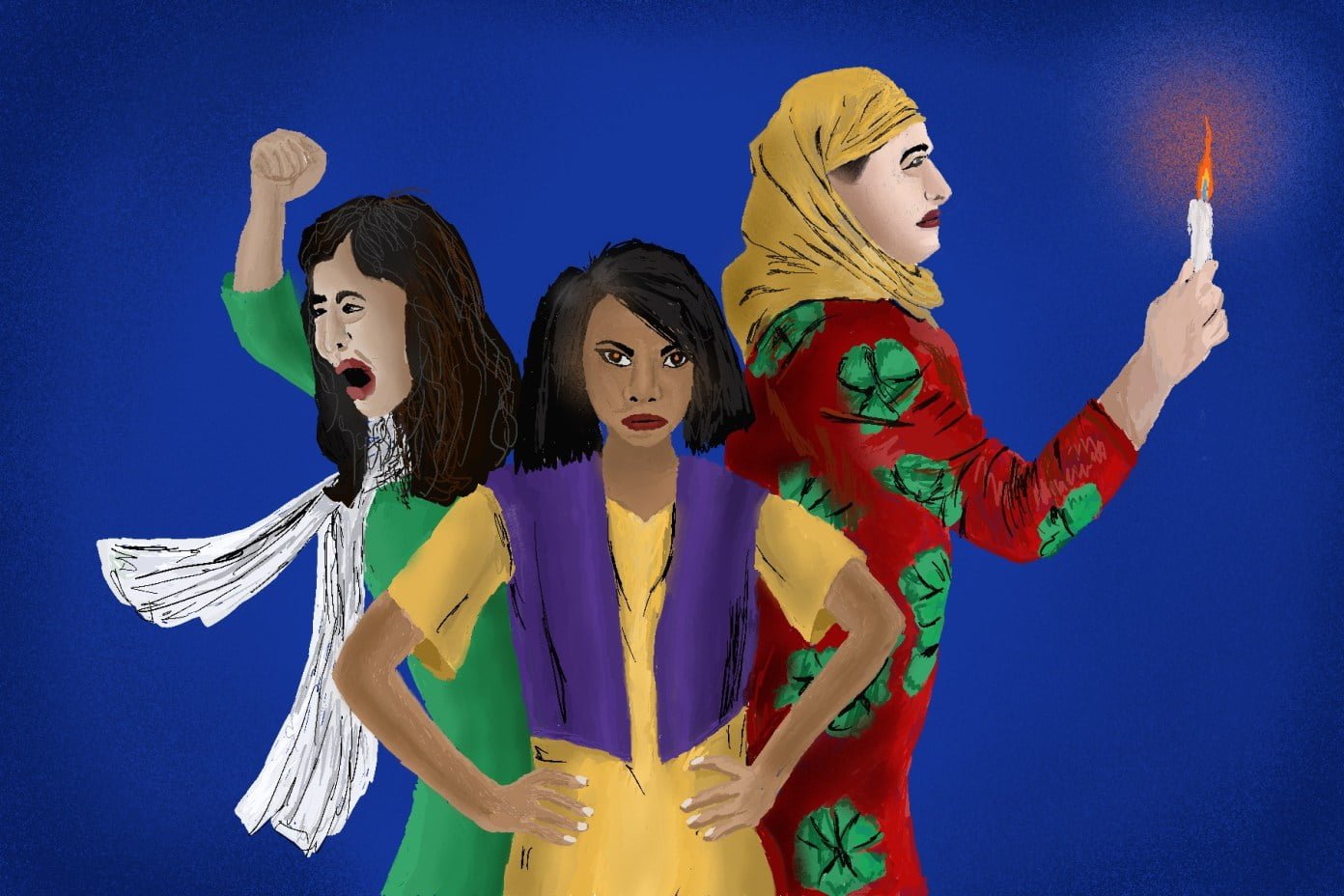
The remission provisions under CrPC are procedural in nature and do not detail the substantive criteria for grant of remission by the appropriate government. Thus, respective state governments have laid out their own guidelines for grant of remission which may vary from state to state. For instance, the Gujarat government through its Resolution (dated 23rd January, 2014) has issued guidelines for considering the cases of State Remission and Premature Release of Prisoners. Annexure I prohibits grant of remission to ‘prisoners convicted for murder with rape or gang rape’. Under the relevant remission policy in Maharashtra (Government Resolution dated 11.04.2008), the minimum period of imprisonment stipulated in such cases is 28 years.
Indira Jaisingh’s argument on remission in cases involving heinous crimes against women regarding the Bilkis Bano case
A pertinent legal issue which Indira Jaisingh, a prominent women’s rights lawyer, raised in this case was whether it would be appropriate to grant remission to convicts in cases of heinous crimes against women, on the grounds that this would be against ‘constitutional morality’.
She argued that there was a need to place the crime in the broader context of the sectarian and communal violence which occurred during the 2002 Gujarat riots. Jaisingh argued that Bilkis Bano was specifically targeted because of her religion and gender, and the crimes committed against Bilkis Bano and her family members constituted ‘crimes against humanity’. While considering the remission applications, the Gujarat government did not take into account the heinousness of the crimes and the context in which it occurred.
While considering the remission applications, the Gujarat government did not take into account the heinousness of the crimes and the context in which it occurred.
Jaisingh further submitted that the government’s actions and policies must also be guided by the provisions of the Constitution, which relate to the upliftment of women, children and minorities and the protection of such groups from further vulnerability and marginalisation. If the above factors as well as the impact on the victims and society are not considered, the remission order may risk being arbitrary and unreasonable.
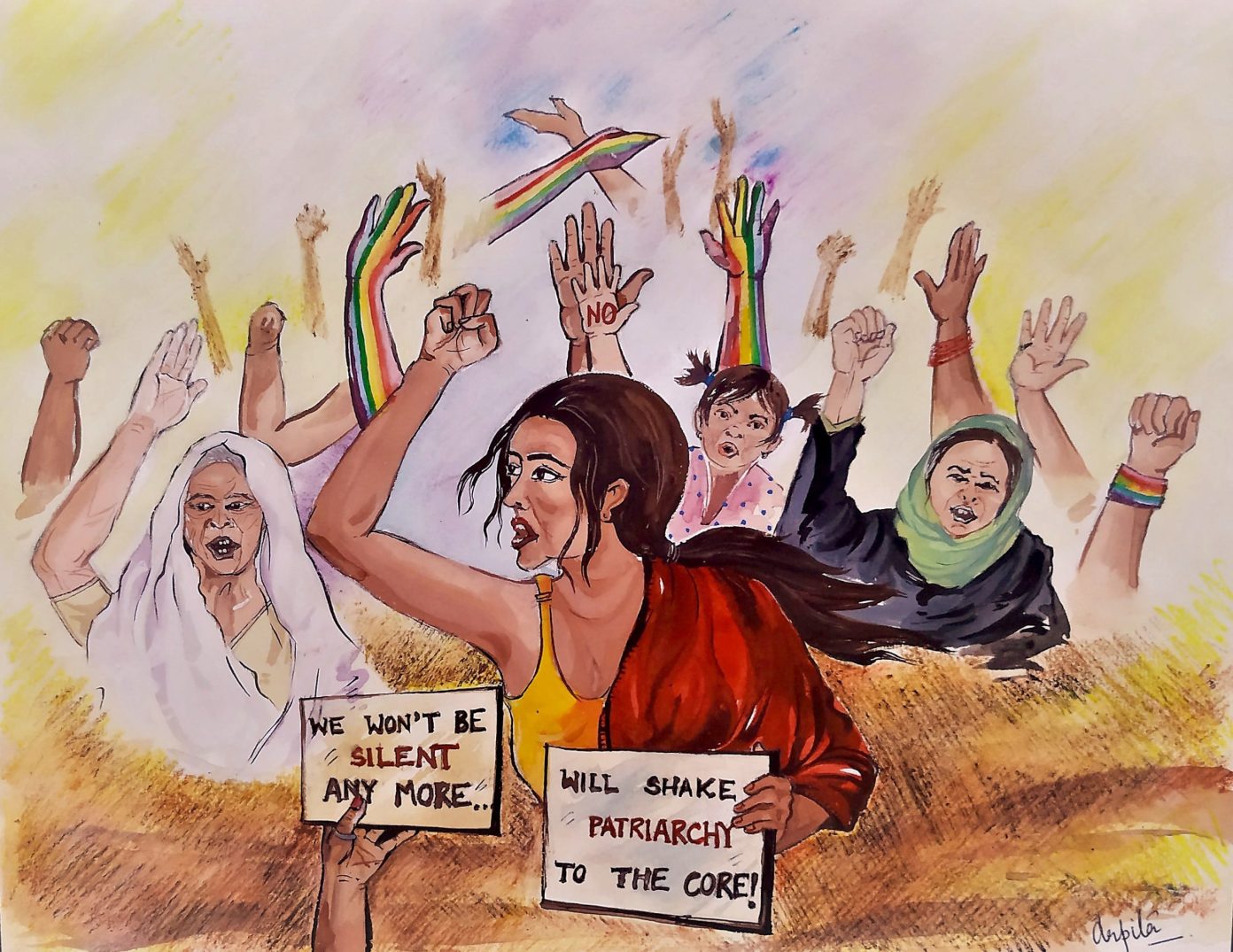
Lastly, Jaisingh argued that the grant of remission to the convicts in Bilkis Bano’s case violated India’s international law obligations under the International Covenant on Civil and Political Rights (ICCPR) and the Convention on the Elimination of All Forms of Discrimination Against Women (CEDAW). India, therefore, was bound by its international obligations to prevent crimes against humanity such as the one committed against Bilkis Bano and her family members in the context of communal violence.
SC on considering the victim’s right to justice in deciding remission pleas
At the very outset, the Court recognised that in a claim of remission, competing interests are involved viz. the rights of the victim and the victim’s family to justice on the one hand and a convict’s claim to remission of their sentence in order to reform the convict, on the other hand.
In one instance, the judgment also notes that Bilkis Bano’s writ petition gives rise to the question- whether remission of a convict’s sentence may be denied in cases involving heinous crimes against women. Unfortunately, the Court did not directly rule on this issue when deciding the petition.
The SC in Bilkis Bano’s case eventually vitiated the remission orders passed by the Gujarat government on the grounds that the Maharashtra government was the appropriate government to decide the remission applications.
Interestingly, the Supreme Court’s earlier rulings leave ample space to argue that remission may be denied in cases of heinous crimes against women.
Interestingly, the Supreme Court’s earlier rulings leave ample space to argue that remission may be denied in cases of heinous crimes against women. For instance, in Sanaboina Satyanarayana v. Government of Andhra Pradesh (2003), the SC held that governments may develop remission schemes to exclude certain categories of convicts, such as those convicted for crimes against women, as a matter of public policy. Jaisingh in her arguments in Bilkis Bano’s case had relied on the ruling in the Sanaboina Satyanarayana case.
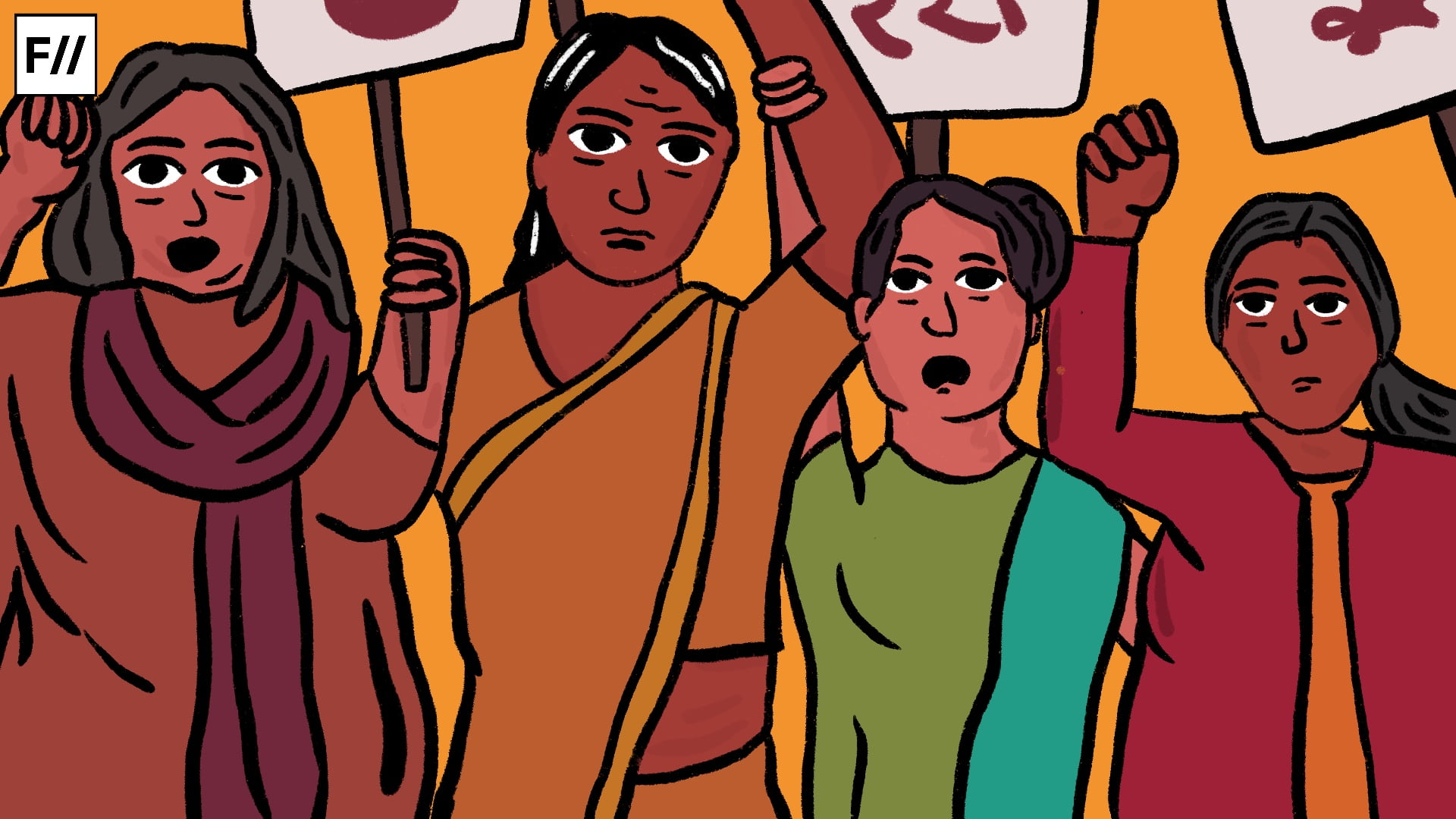
In Sangeet v State of Haryana (2013), it was held that ‘the decision to grant remission has to be […] fair to all concerned’. In Laxman Naskar v. State of West Bengal (2000), the Court laid down factors for grant of remission including consideration of ‘whether the offence is an individual act of crime without affecting the society at large?’. In Swamy Shraddhananada v. State of Karnataka (2008), it was held that while exercising the power of remission, the effect of the decision on the family of the victim and the society as a whole and the precedent which it sets for the future must be considered. Most importantly, the SC in Surya Baksh Singh v. State of UP (2014), held that the concept of justice encompasses the rights of both the convicts as well as the victims of crime.
Often, the justification for remission is based on the rehabilitative theory of punishment where the goal is to eventually rehabilitate the offender into the society. However, the deterrent theory of punishment must also be taken into account when deciding remission cases, which is aimed at deterring people from committing crimes out of fear of facing punishment. This is important in sending a strong signal in the society that crimes against women shall not be tolerated and remission will not be available as an easy option to those convicted of such crimes. Such a policy will be crucial in preventing gender-based violence.
About the author(s)
Devika is the founder of'Women & Justice', a research project that analyses how the legal justice system in India interprets women's rights and its reflection on societal attitudes towards women. She is on Twitterand LinkedIn
